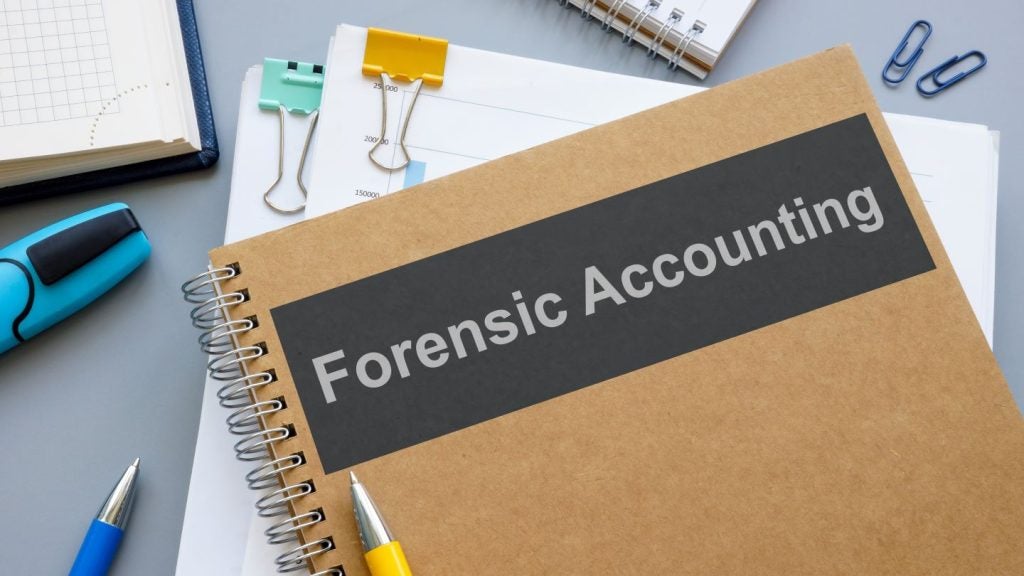
In advance of National Stress Awareness Day 2021, things are looking bleak. New research from CABA shows that accountants are feeling isolated, unable to speak about their feelings and despairing about the future
A new study has found that 2-in-5 (41%) accountants feel as though their energy levels are so low they are unable to carry out their work effectively. 1-in-5 (21%) would even go so far as to say that they either never or rarely feel optimistic about the future.

Access deeper industry intelligence
Experience unmatched clarity with a single platform that combines unique data, AI, and human expertise.
The survey*, carried out by CABA, went on to find that 1-in-3 (30%) respondents had recently felt isolated, while more than half (56%) had felt emotionally challenged. When asked the cause of this distress, 1-in-3 (33%) cited either their work, career or studies, while 1-in-5 (18%) put it down to lockdown and the impact of Covid-19 while 14% put it down simply to feeling constantly under pressure.
When asked how they were coping with these feelings, just half (51%) of respondents said that they were dealing with them well. As many as a quarter (25%) said they don’t feel able to speak about their feelings when angry, stressed or worried.
Paul Day, Support Officer at CABA, comments: “We all have different ways of coping with stress and anxiety. However, there are also times when we find ourselves not coping as well as we might like. Some individuals may be put off from seeking help due to the perception of stigma, time barriers or simply not knowing where to look or how to find help. Whatever it is you’re struggling with, though, it’s vital you get some kind of support.”

US Tariffs are shifting - will you react or anticipate?
Don’t let policy changes catch you off guard. Stay proactive with real-time data and expert analysis.
By GlobalDataTo help support the accountancy community, CABA offers Qwell, an online mental health support service. Safe and confidential chat sessions with a qualified counsellor are available 7 days a week, 365 days a year, with peer support and informative articles available online too.
There are, however, plenty of measures that we can all take, under our own steam, to take care of our mental health. If you find yourself struggling, why not try some of the following techniques.
Find ways to control the situation
Human beings tend to feel safe when the stresses we’re facing are predictable. If you’re feeling nervous, focus on the things you can influence and control. For instance, if your employer invites staff to participate in planning or evaluations, have your say. Getting involved can provide a greater sense of control when decisions are made.
Celebrate your achievements
It’s important to celebrate our achievements, because when we do, we can find the strength to push ourselves further. We tend to always be moving forward, but we sometimes need to just take stock. Because while we might not always feel resilient, the truth is that we are. Find things to feel proud of. Because ultimately, confidence is built by acknowledging how difficult things were, identifying what we did to overcome it and then building on those foundations.
Take regular breaks
Frequent breaks away from your computer screen will allow for more creative thinking, better processing of information and improved focus. Aim for a 5-minute screen break every 90 minutes or so, and always try to take your lunch break away from your desk completely. If possible, get some fresh air with a short lunchtime walk. Perhaps you could create a 10-minute lunch time walk playlist of your favourite songs. A recent study by music licence company PPL PRS has actually revealed the top genres to listen to for a productive mind.** Pop led with (43%), followed by ‘rock’ (26%), and ‘classical’ (24%) in third; so, whichever takes your fancy, try to choose one with an upbeat, faster tempo! You’ll notice the difference in your motivation, energy and productivity levels in the afternoon.
Stick to your office hours
The key to a good work-life balance is setting strict boundaries between work and home. If you can, try to leave your work phone and laptop at work or set yourself a curfew for checking them when you get home. This will help you to properly relax and unwind at the end of each day and give you more time to spend with friends and family or on hobbies and passions outside of work.
Stay hydrated
Keeping your H2O levels topped up throughout the day will help you maintain focus and concentration. When we’re dehydrated, we’re more likely to feel irritable and find it difficult to make decisions, which can exacerbate potentially stressful situations.
Pause and refocus
Mindful breathing exercises can help you stay calm and in control when things start to feel overwhelming. Even a momentary pause, like this one-minute meditation, can make a difference.
Prioritise
You can’t do everything at once, so be realistic about what you can achieve and by when. Try not to be too hard on yourself if you don’t tick everything off your to-do list. Write a list and work out what is urgent and what can wait.
Pace yourself
We all have a threat centre, a drive centre and a sooth centre. Our threat centre protects us from danger, while drive gets us out and about. The problem here is that lots of things which we would assume originate from drive actually come from threat. We do something because we’re worried about being seen as lazy or getting in trouble, rather than because we’re genuinely motivated.
If you’re feeling overwhelmed, it might be the result of this sort of imbalance. Ask yourself; are you pushing yourself to do so much because it brings you joy or because you’re worried about missing out? Set aside some time to rest, relax and bring your sooth centre into balance.
Know your worth
Understanding the impact of your role and the difference you make to the wider organisational can give you a stronger sense of purpose, which will help you cope when the pressure’s on. It’s hard to stay motivated when you can’t see the point or value in your hard work.
For further support with maintaining your mental health at work, visit https://www.caba.org.uk/help-and-guides
*Survey of 1,222 UK-based chartered accountants and ACA students, aged 18-35, conduct between 23rd June and 26th July 2021 by International Wellbeing Insights.
**A survey of 2,101 UK respondents by Perspectus Global in September 2021.






